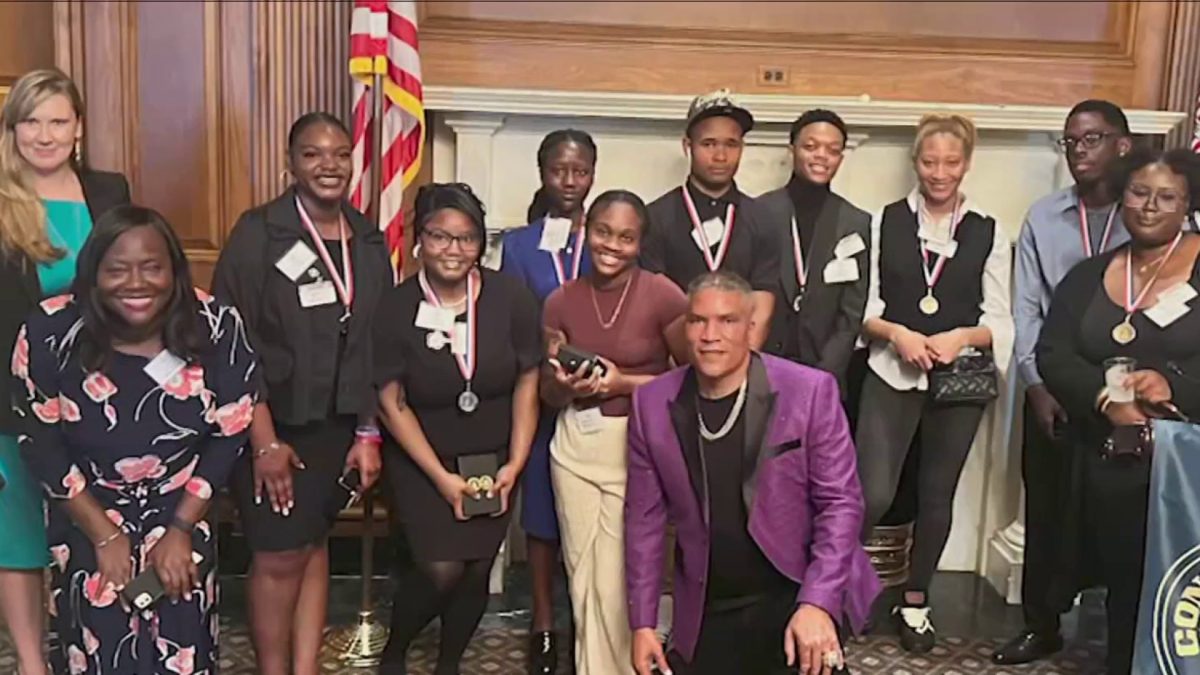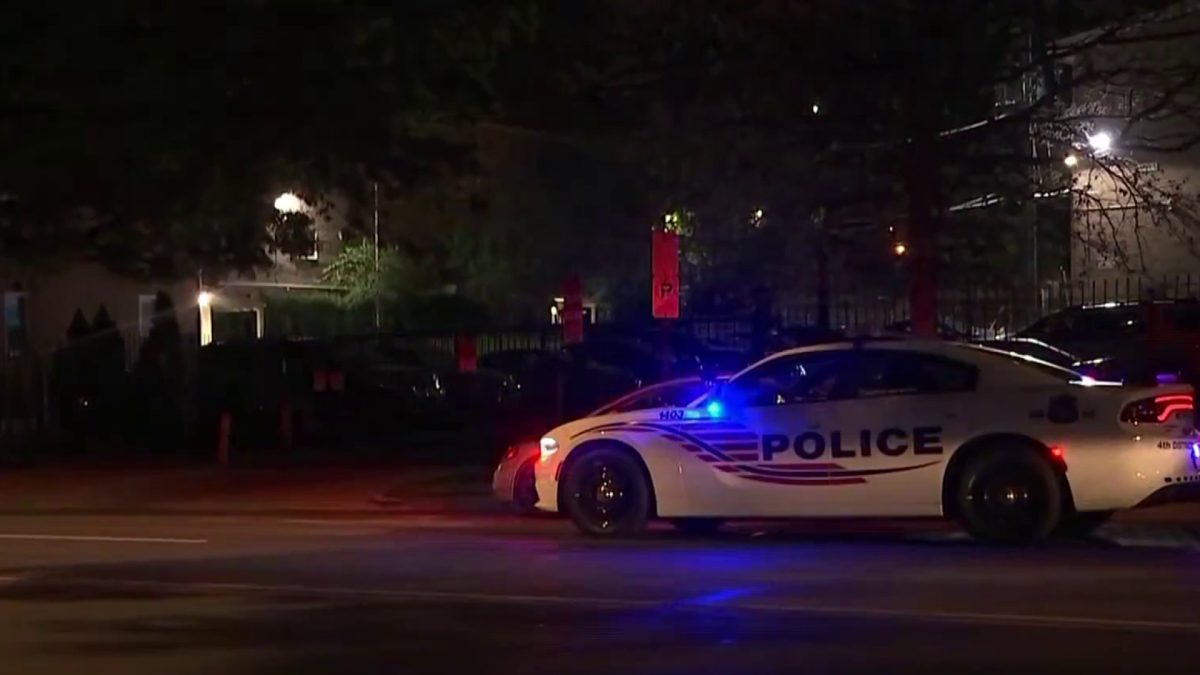The Notebook shook ourselves from the couch on Sunday and traveled over the 14th Street Bridge, down the George Washington Parkway to the Athenaeum in Alexandria.
Writer and friend Garrett Peck was regaling an overflow audience on the 10 years that poet Walt Whitman lived in Washington, D.C., around the time of the Civil War.
On this, the 150th anniversary of the assassination of President Abraham Lincoln, Peck noted that Whitman wrote four poems about Lincoln after his death, including the mournful “When Lilacs Last in the Dooryard Bloom’d.”
If you haven’t read it, Peck suggested, “Get a box of Kleenex; it’s devastating.” And Peck added, “It’s a remarkable poem and he wrote it in Washington, D.C.”
Peck’s new book — just out Monday and his sixth on various local subjects of interests — tells of Whitman in Washington after first coming here to find his brother George, who had been wounded in the battle of Fredericksburg. In the book, “Walt Whitman in Washington, D.C.: The Civil War and America’s Great Poet” (Arcadia Publishing and The History Press), Peck tells of the horrific suffering Whitman witnessed as he visited tens of thousands of wounded soldiers in nearly a dozen hospitals set up in the District, including Armory Square Hospital on what is now part of the National Mall.
Whitman was not, as popularly believed, a nurse. Instead the gentle poet sought to offer a bit of human kindness to the soldiers, many of them only teenagers severely wounded and away from home and the support of family.
Whitman lived at six different addresses while here. None of the original buildings remain.
Local
Washington, D.C., Maryland and Virginia local news, events and information
But Peck’s book reminds us that Whitman is all around us.
Martin G. Murray, founder of the Washington Friends of Walt Whitman, formed in 1985, writes the introduction to the book. “Peck’s emphasis on the city’s importance to the poet follows Whitman’s lead and is a welcome addition to efforts made by other scholars and enthusiasts.”
The Dupont Circle Metro station on the north side has a Whitman quote from his poem “The Wound Dresser,” reading in part, “Some suffer so much...”
It was added in 2006, when Dupont Circle was still the gay epicenter of the city.
Then-D.C. Council member Jim Graham and others wanted to acknowledge the HIV/AIDS suffering in the city and those who ministered to them. “That poem was inspired by [Whitman’s] ministrations to the sick and the dying, and so that, of course, has a fitting connection to the early years of the AIDS epidemic,” Graham told The Washington Post’s Answer Man column.
Chapter 7 of Peck’s book explores the well-established record that Whitman was gay, the 27-year relationship Whitman had with Peter Doyle, and Whitman’s homosexuality as a precursor to more modern gay rights movements. Peck notes that Whitman is a namesake of the current day Whitman-Walker Health, a community organization that expanded its programs in response to the HIV/AIDS crisis of the early 1980s.
Outside the Old Patent Office Building on F Street downtown, which had served as a hospital, the section of roadway ceremonially was renamed “Walt Whitman Way” in 2005.
“It would be difficult for me to imagine a bill that engages my enthusiasm on as many different fronts as this one does,” testified Craig Howell at the D.C. Council public hearing on the renaming. Howell was testifying for the Gay and Lesbian Activists Alliance before then-Council Chairman Linda Cropp. “Besides having been a gay activist for more than 30 years, I have been a Civil War buff since childhood,” he said.
Peck’s book tells of Whitman’s strong support of the Union cause — “Beat! Beat! Drums!” was one of his poems — but also his despair at the horror of war. And Peck addresses the racism of the era, a racism that remains in the headlines of today.
Whitman’s Washington years overall provide an engaging read that reminds us that in this area, we are uniquely surrounded and suffused with the history of our nation. It’s even worth a trip to Alexandria.
■ Learning more? Peck will be discussing his new book at various venues around the region over the next few weeks (schedule at garrettpeck.com), but you can catch him in Dupont Circle at Kramerbooks & Afterwords Cafe on March 30 at 6:30 p.m. and in Upper Northwest at Politics and Prose on April 19 at 5 p.m.
Tom Sherwood, a Southwest resident, is a political reporter for News 4.



